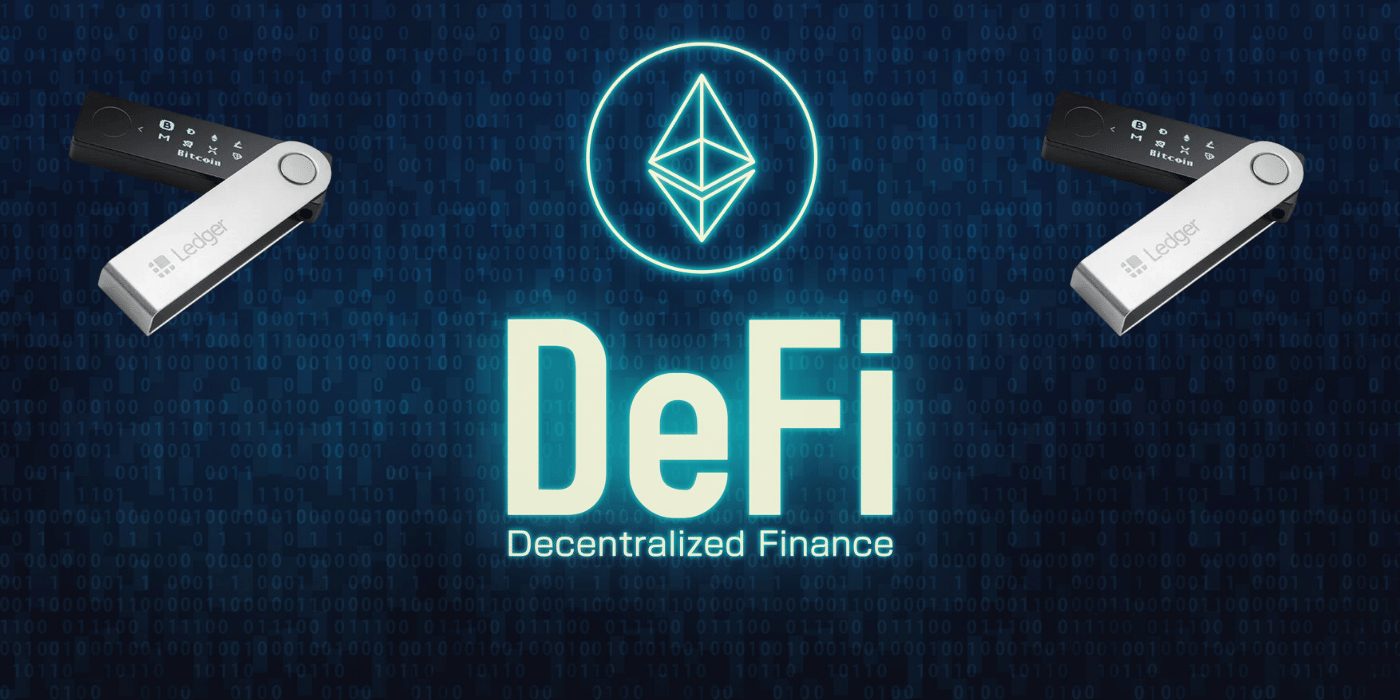The Macalinao brothers, founders of Solana’s leading cross-chain stablecoin exchange, Saber Protocol, have reportedly been using numerous pseudonymous developer profiles to pump and fake the total value locked (TVL) on the Solana blockchain to the tune of US$7.5 billion.
An investigation by CoinDesk has revealed that by collectively misrepresenting themselves, Ian and Dylan Macalinao created the identities of 11 independent developers who appeared to be working on a variety of projects. In so doing they created the illusion of an active developers’ community on the Saber protocol, thereby artificially stimulating investment demand for it and the entire Solana ecosystem.
Ian Macalinao, coding as 11 independent developers, created a vast web of interlocking DeFi protocols that projected billions of double-counted value onto the Saber ecosystem. That, in turn, temporarily inflated the TVL on Solana, which became a problem as DeFi regards TVL as a barometer for on-chain activity.
‘Army of Anons’ Lent Credibility to the Project
By posing as collective developers, Ian Macalinao was able to artificially inflate Solana’s TVL by up to US$7.5 billion of Solana’s US$10.5 billion TVL. As the TVL of a DeFi platform rises, its liquidity, popularity and usability also increase, making it an important metric for investors.
Macalinao admitted to creating the false TVL in an unpublished blog, writing: “If an ecosystem is all built by a few people, it does not look as authentic. I wanted to make it look like a lot of people were building on our protocol, rather than ship 20+ disjoint[ed] programs as one person.”
Dylan Macalinao added in another blog post:
There’s only one way to build a strong moat in crypto: have so many other protocols/apps/layers depend on your protocol that its failure would lead to the entire system going down.
Dylan Macalinao, unpublished blog post
DefiLlama De-Emphasises Double-Counted Crypto Deposits
In response to the investigation by CoinDesk and the implications of inflated TVL, crypto data website DefiLlama has changed the way it presents TVL. By switching off its default display of protocols’ double-counted crypto-assets, it has lowered some blockchains’ TVL by billions of dollars. As a result, users must manually activate the double-counted value.
Solana has been in the news for all the wrong reasons of late. Last month, Solana-based liquidity protocol Crema Finance suffered a US$8.7 million hack involving Solend, a Solana-based lending platform. Just weeks earlier, Solend had voted to liquidate a whale’s account to mitigate risks posed to the Solana network.










